Want to Compost Like a Pro? A Few Tips to Get You Started

by
DixieSomers
(IC: homeowner)
Many gardeners resist the practice of composting because they see it as too much work, or worry that they might make a mistake. The truth is, there are many different composting methods, and you can do it as much or as little as you choose. One benefit of composting is that it reuses the food that would otherwise be sent to the landfill. That food is used to provide nutrients for the next crop. Composting is a suitable for getting rid of many kinds of organic waste while providing you with nutrient-rich soil for your garden. Here are some tips that will help you to compost like a pro:
Learn What Should and should not be Composted
Choose Ideal Composting Materials
Keep Your Compost Moist
Compost should be Aerated
Keep Critters Out of Your Compost Bin or Pile
Enjoyed the project?
Published November 4th, 2014 11:49 AM

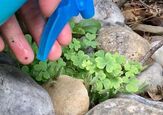

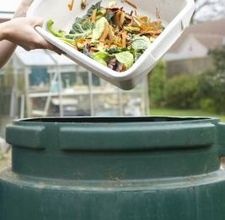









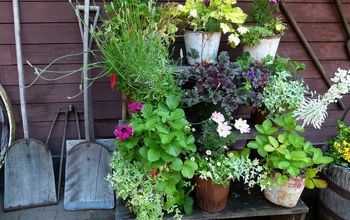
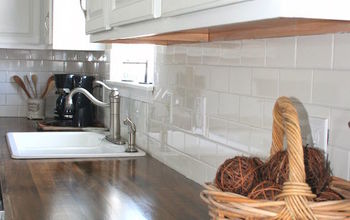

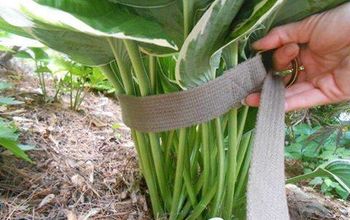

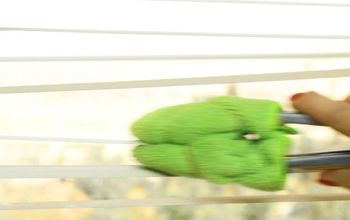




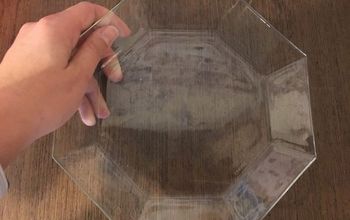

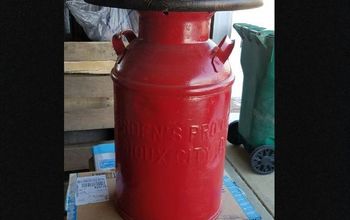
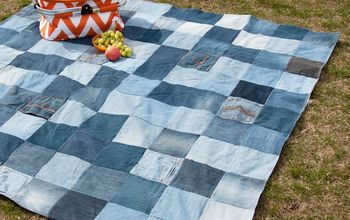
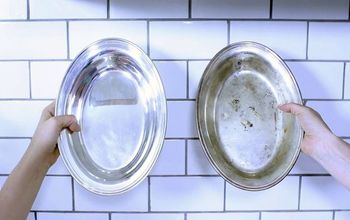
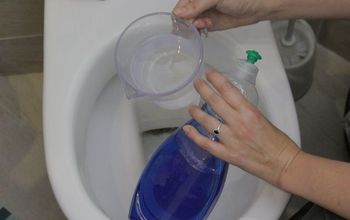


Frequently asked questions
Have a question about this project?